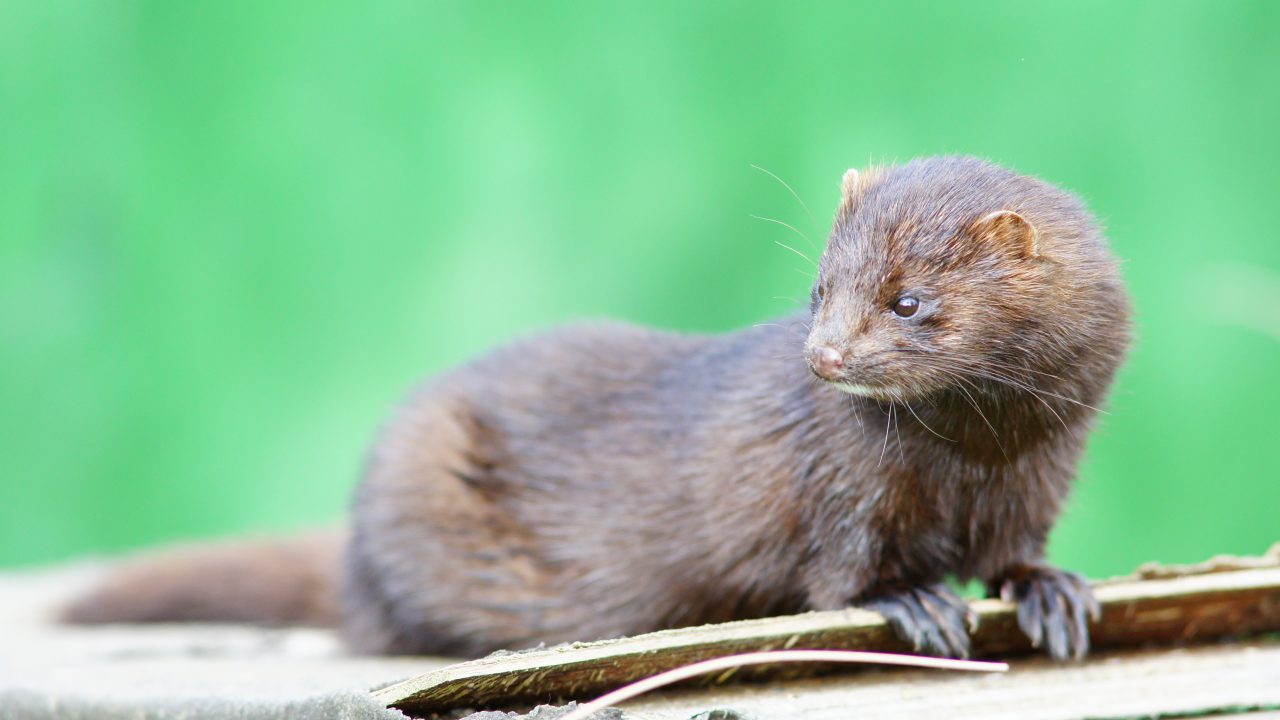The Department of Agriculture, Food and the Marine (DAFM) has said that an independent assessor is currently examining compensation claims following the ban on fur farming.
The Animal Health and Welfare and Forestry (Miscellaneous Provisions) Bill 2022, provides for the statutory prohibition of fur farming, along with an accompanying compensation scheme.
Minister for Agriculture, Food and the Marine, Charlie McConalogue signed a commencement order giving effect to the legislation on December 9, 2022.
Fur farming
There are three mink farms in the state impacted by the ban, located in counties Kerry, Donegal and Laois.
It has been confirmed that there are no live mink on any of the concerned premises following the implementation of the ban, which was among the commitments in the Programme for Government.
“The legislation makes provision to pay compensation for income losses, non-income losses and costs incurred as a direct result of the ban and such amounts are to be determined by an independent assessor,” a DAFM spokesperson told Agriland.
The assessor was appointed by Minister McConalogue on December 6, 2022, following a tender process.
“The three affected mink farmers have now made applications for compensation under the scheme and these are being examined by the assessor.
“Certain compensation headings (for example, demolition and clean up) will take longer for works completion and assessment before the compensation amounts can be verified and payments made.
“As such, payments may be incremental under certain compensation headings depending on the determinations of the assessor,” the DAFM spokesperson said.
In 2018, the Veterinary Council of Ireland (VCI) recommended an immediate ban on fur farming citing animal welfare concerns.
Fur farming has been banned in England and Wales since 2000 and in Scotland and Northern Ireland since 2002.
It was previously estimated that the total compensation paid to the three farms will range from €4 million to €8 million.
